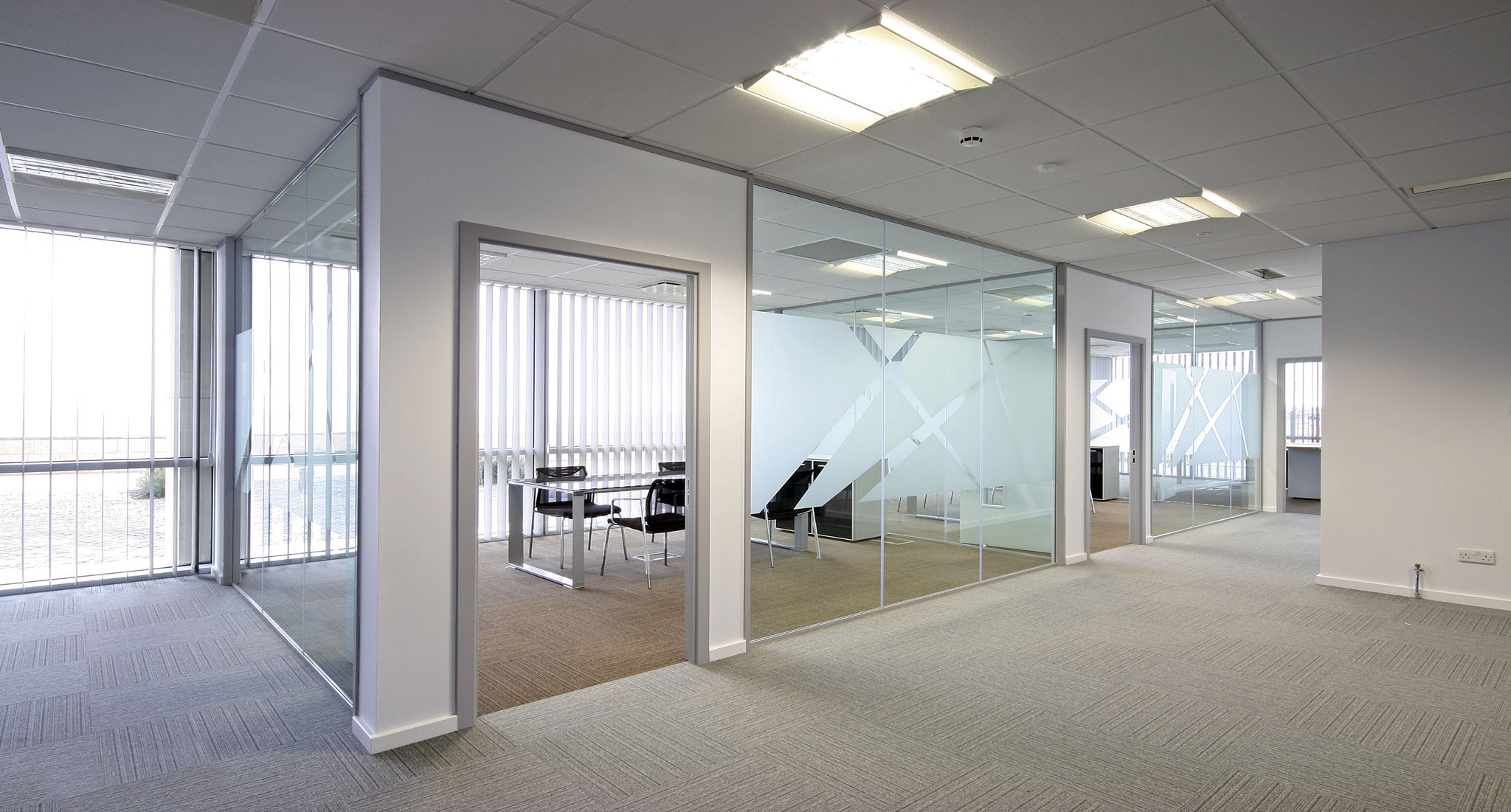A Comprehensive Guide to Choosing the Right Smart Glass for Your London Office
Understanding the Basics of Smart Glass
Smart glass technology has revolutionized modern office design, offering dynamic solutions that enhance both aesthetics and functionality. Specifically, for offices in bustling cities like London, smart glass offers a sleek and sophisticated alternative to traditional windows and partitions. But what exactly is smart glass? Essentially, it is a type of glass that can change its properties in response to external stimuli such as light, heat, or electricity. This allows users to control the amount of light and heat that passes through the glass, improving energy efficiency and creating flexible work environments.

Types of Smart Glass Available
When it comes to choosing smart glass, there are several types to consider. The most common types include:
- Electrochromic Glass: Changes its tint when an electrical voltage is applied, allowing for the control of light and heat.
- Thermochromic Glass: Adjusts its properties based on temperature changes, automatically adapting to varying weather conditions.
- Photochromic Glass: Darkens or lightens in response to sunlight, similar to transition lenses in glasses.
- Suspended Particle Device (SPD) Glass: Contains particles that align under an electric current, providing instant control over tint and transparency.
Choosing the Right Type for Your Office
The choice of smart glass depends on several factors. Consider the location of your office, the intensity of natural light throughout the day, and your specific privacy requirements. For instance, an office with large south-facing windows may benefit from electrochromic glass for optimal light control. On the other hand, offices looking for automated solutions might find thermochromic glass more suitable.

Benefits of Smart Glass in the Workplace
Integrating smart glass into your London office can offer numerous advantages. Firstly, it significantly enhances energy efficiency by reducing the need for artificial lighting and air conditioning. This not only lowers utility bills but also contributes to a greener environment. Secondly, smart glass provides enhanced privacy without compromising on style, making it ideal for meetings and confidential discussions. It also contributes to a more comfortable and productive workspace by allowing employees to control their own environment.
Design and Aesthetic Appeal
Beyond functionality, smart glass adds a modern touch to office interiors. Its sleek appearance is perfect for contemporary office designs, making spaces look more open and inviting. Moreover, it offers versatility in design options, from clear and opaque finishes to customizable patterns and colors. This adaptability ensures that your office remains both fashionable and functional.

Installation and Maintenance Considerations
When planning to install smart glass in your office, it's important to consider both installation and maintenance aspects. Professional installation is recommended to ensure quality and proper functionality. While smart glass is durable, regular maintenance checks are advised to maintain its performance. This includes cleaning the glass surface with non-abrasive materials and checking the electronic components periodically.
Cost Implications
The initial investment in smart glass can be higher than traditional options; however, the long-term savings in energy costs and increased property value often justify the expenditure. It's crucial to weigh these factors against your budget and future plans for your office space.
Making the Final Decision
Ultimately, choosing the right smart glass for your London office involves considering your specific needs, aesthetic preferences, and budget constraints. By understanding the types of smart glass available and their respective benefits, you can make an informed decision that enhances your workspace and supports your business goals.

